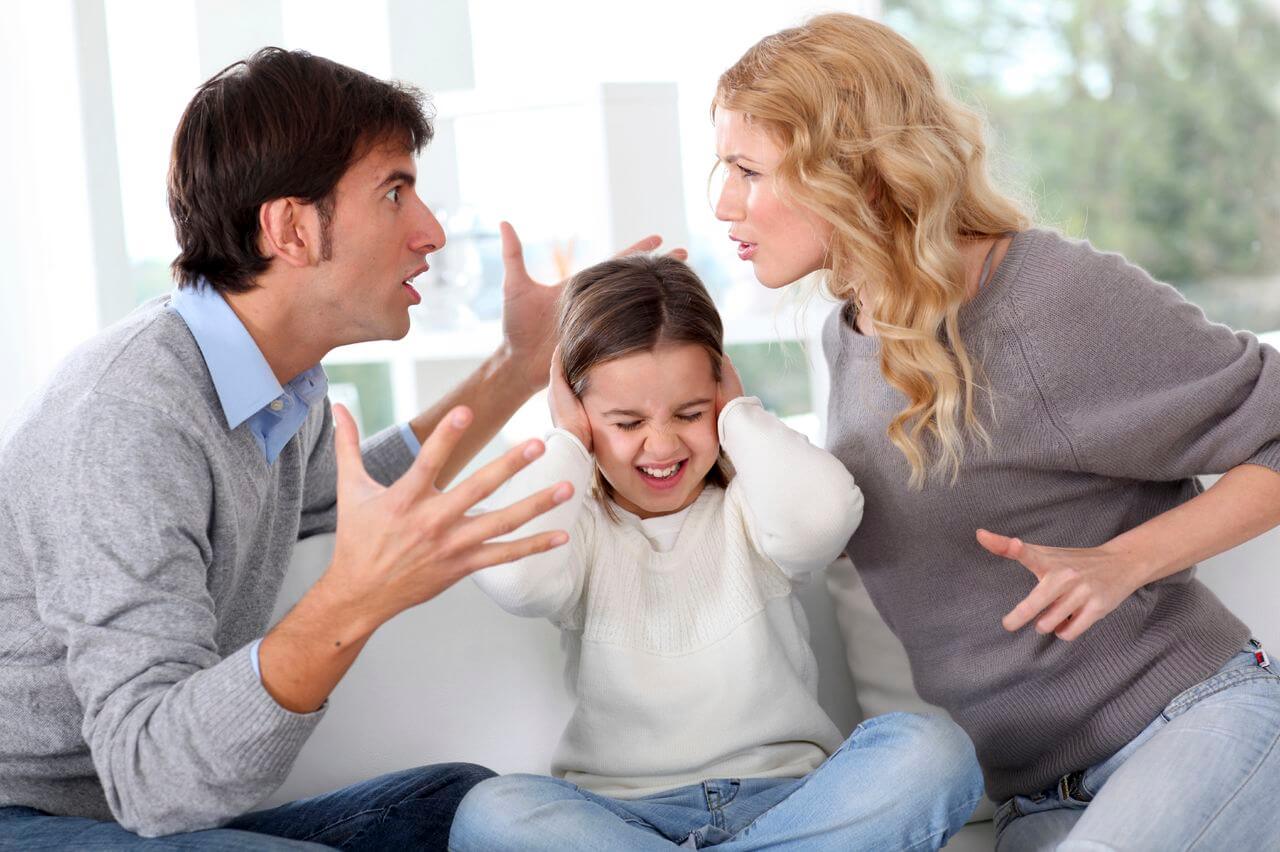 By Rosalind Sedacca, CDC
By Rosalind Sedacca, CDC
Does parental anger affect children of divorce?
Studies repeatedly show that fighting around the children does more damage to them than divorce itself. That’s why as parents we need to be diligent in monitoring our children as well as our own behavior. So, we can safeguard our kids from emotional and psychological damage.
Exposure to conflict can change a child’s self-image and sense of security. It impacts their concept of the world and their ability to trust others. The consequences can last a lifetime.
A study published in the Journal of Research on Adolescence* shows that children exposed to constant parental bickering are more likely to be depressed. They are also more prone to expressing other “problem behaviors,” including substance abuse, aggression and poor school grades. Some children regress back to bed-wetting, thumb sucking or limiting social contact. Others move into bullying, acting out and thoughts of suicide.
Here are some essential behaviors to avoid during and after divorce to protect your children from the negative effects of conflict on their psyches.
1) Never battle where kids can see or hear you.
Little ears can pick up phone conversations as well as conflict behind closed bedroom doors. Parents often don’t think about the psychological impact of their arguments on children. It changes who they are and how they feel about themselves and life in general.
2) Never lie or play one parent off the other to win your child’s favors.
Telling lies about, bashing or demeaning your former spouse confuses, hurts and angers children in serious ways. Keep personal resentments personal and don’t use your kids as sounding boards. They’ll resent you for it and pay the price in stress, anxiety, depression and/or aggression. As they age, they’re also more likely to resent you. Many adult children of divorce disassociate with their parents when they learn truths about how the divorce was handled. You may “win” in the short-term, but your children will hold you accountable in the decades to come. Take the high road whenever you can. And remember, your children love both parents and don’t want to be forced to take sides.
3) Never let your children feel unimportant to you.
Too many divorced parents ignore their children during custodial visits. Some hand the kids off to other caregivers so they can work, have free time or catch up on chores. Children need to share attentive time with parents. When they don’t, it creates conflict and anxiety. When you’re with your children remind them of how much you love them. Give them your time. When you can’t, explain the circumstances and make plans for when you can. Then be fully there so they feel valued and valuable!
4) Never share adult information with your kids.
Sure, it’s tempting to tell your children that dad’s affair or mom’s drug addiction caused the divorce. But don’t. Not even with teens. Kid’s brains can’t make sense of complex adult relationship challenges. Nor can they resolve your issues. Adult information only burdens them with knowledge they can’t forget about situations they can’t fix. It literally robs them of their childhood. And every child deserves a childhood! Vent to friends and divorce professionals for support. Try to minimize the stress in your child’s life. They will thank you when they’re grown adults!
Married or divorced, the results of parental conflict or inattention are the same. Children get wounded on a deep emotional level that can scar them for life. Children only get one childhood. Don’t they deserve the very best you can provide for them:your love, attention and the security of your presence? Be the person you want them to model themselves after. You’ll never regret it – nor will they!
(*January, 2012: Journal of Research on Adolescence)
* * *
Rosalind Sedacca, CDC, is a Divorce & Co-Parenting Coach, Founder of the Child-Centered Divorce Network and author of How Do I Tell the Kids about the Divorce? A Create-a-Storybook Guide to Preparing Your Children — With Love! For her free ebook on Post-Divorce Parenting, her free articles, personal coaching services and other valuable resources on divorce and parenting, visit http://www.childcentereddivorce.com.
© Rosalind Sedacca All rights reserved.




